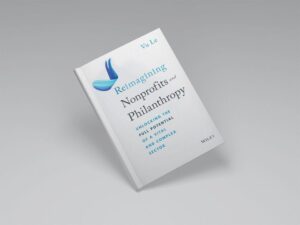
February 7, 2018; HealthLeaders Media and the Wall Street Journal
Around 2,700 nonprofit employees were paid more than $1 million in 2014, and you can bet most of them were in the “eds and meds.” (In fact, 78 of them were college football coaches, with salaries ranging up to $11 million.) HealthLeaders Media reports that around 16 percent of all US nonprofit hospitals will, as a result of the tax overhaul, be required to pay an excise tax on up to five annual salaries higher than $1 million.
The Wall Street Journal reports that there are approximately 400 nonprofit hospital organizations in that group, and many are scrambling to limit their liability by doing everything from restructuring benefits packages to vest deferred compensation packages earlier to restructuring the payroll systems so that they all fall under one nonprofit umbrella. Since the excise tax is only assessed on a maximum of the five highest paid employees of any single nonprofit, consolidation would keep the salaries of additional employees also making over a million dollars from being subject to the excise tax.
Sign up for our free newsletters
Subscribe to NPQ's newsletters to have our top stories delivered directly to your inbox.
By signing up, you agree to our privacy policy and terms of use, and to receive messages from NPQ and our partners.
For instance, the 59-hospital system of Michigan’s Trinity Health now has 40 separate nonprofit entities, leaving 15 employees eligible; on the other hand, Banner Health in Phoenix, with only one umbrella nonprofit, will need to pay a tax on only five of an approximate 11 employees making more than $1 million.
At the University of Pennsylvania, there are 16 salaries in excess of $1 million, but the salaries of only three executives and two medical academics will be taxed. University president Amy Guttman made more than $3 million in 2015.
“Congress is putting nonprofits in the same position as for-profit entities when it comes to compensating employees,” says tax lawyer Jonathan Sambur, but the corporations have found various ways to evade the taxation.—Ruth McCambridge











